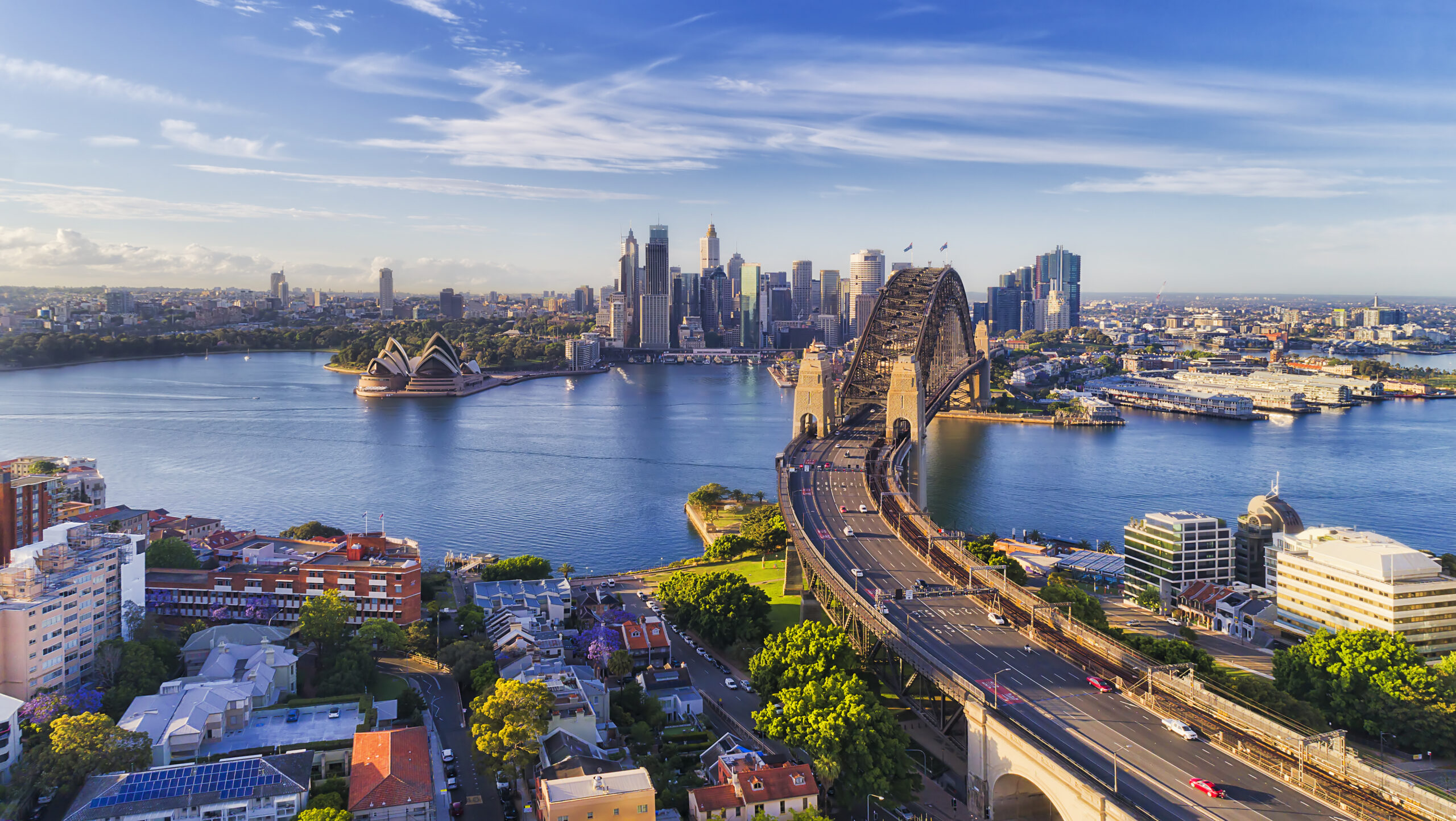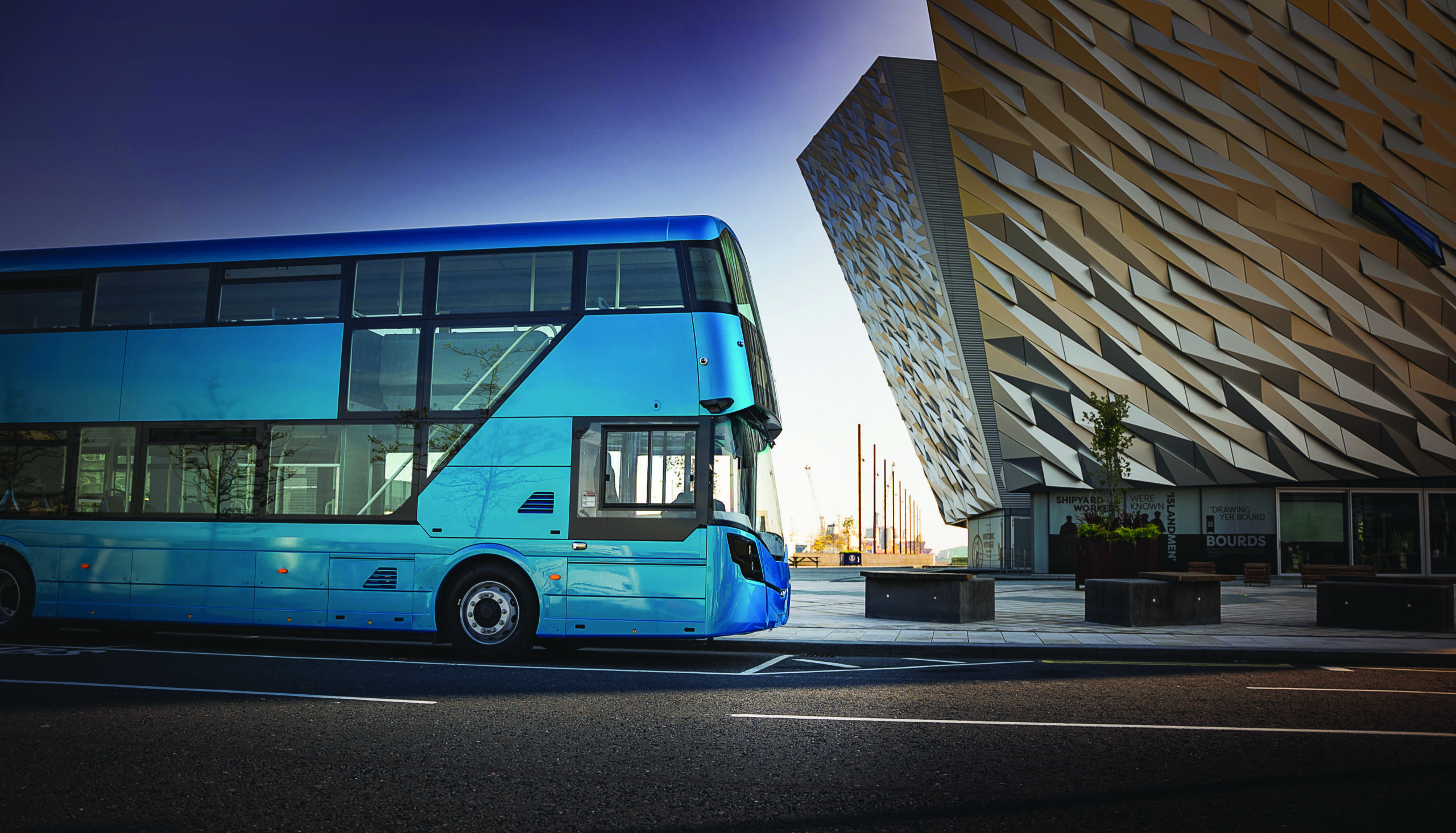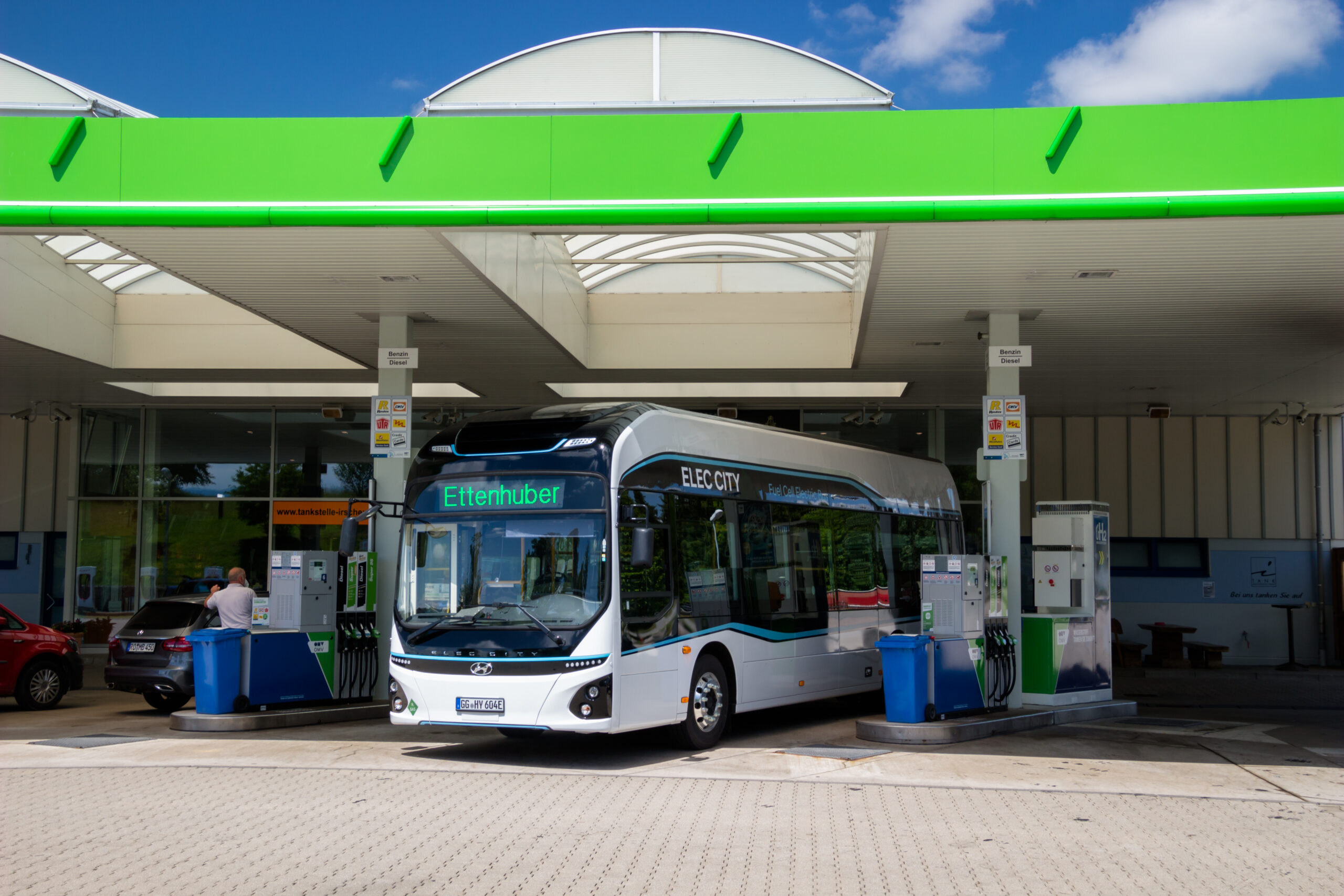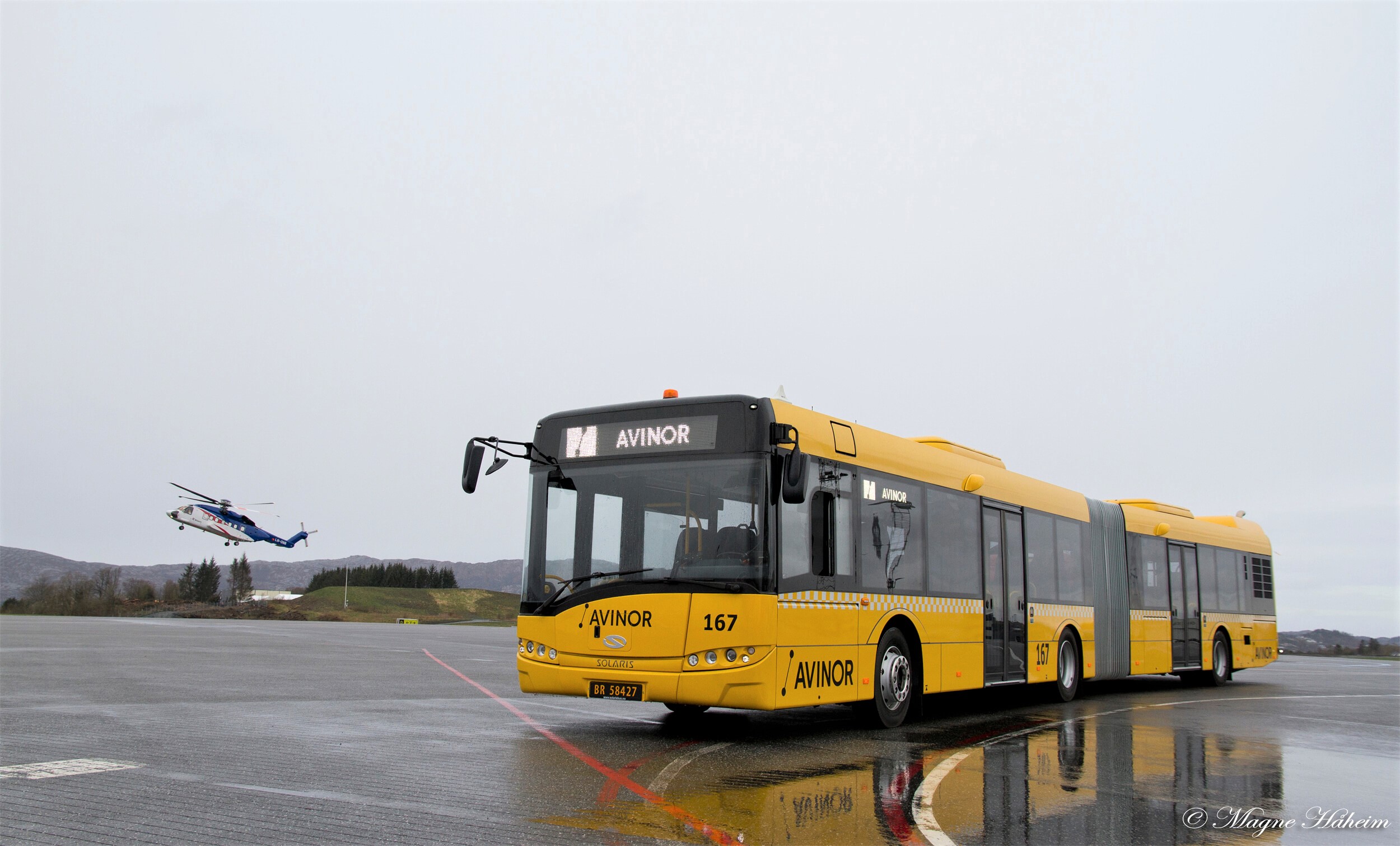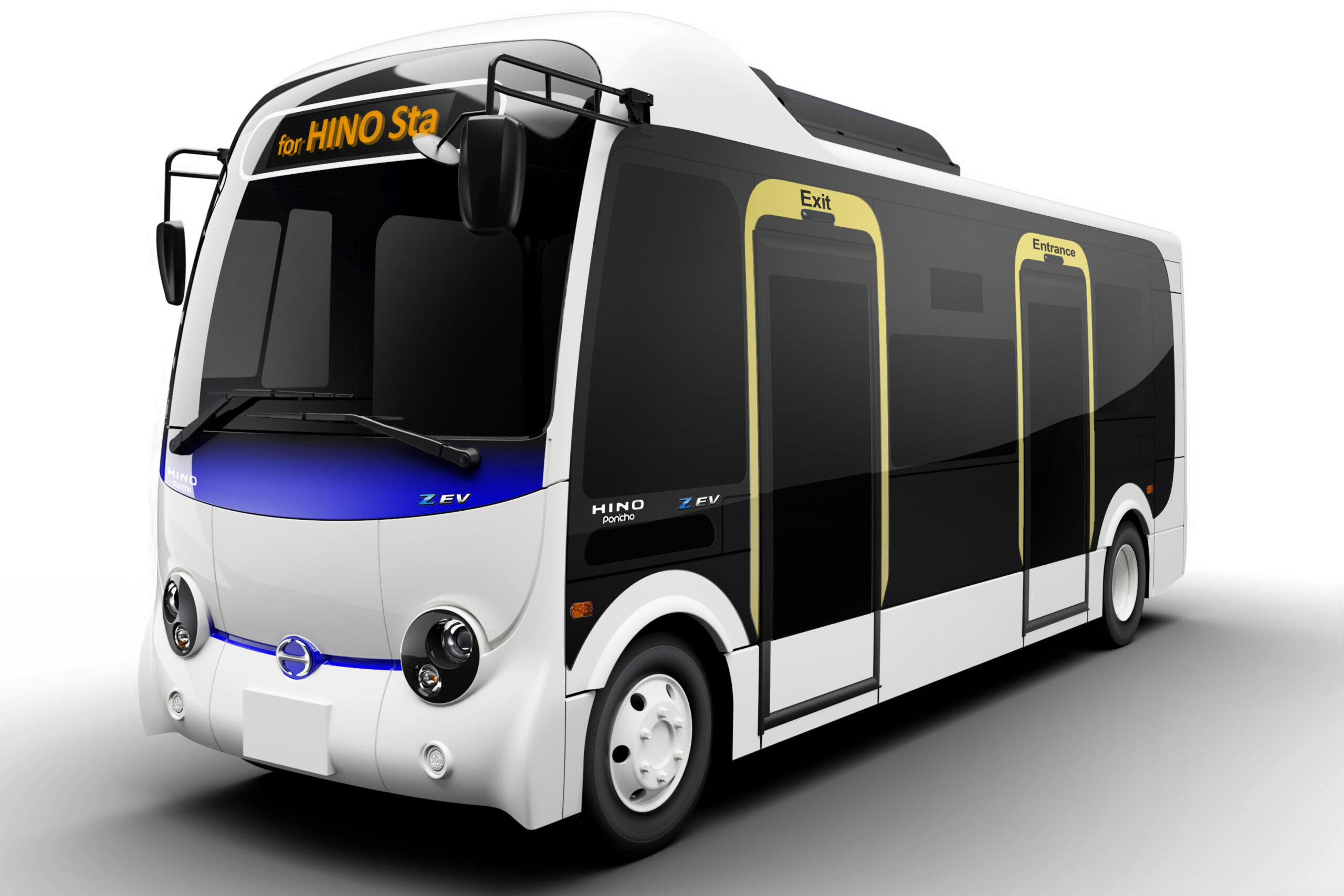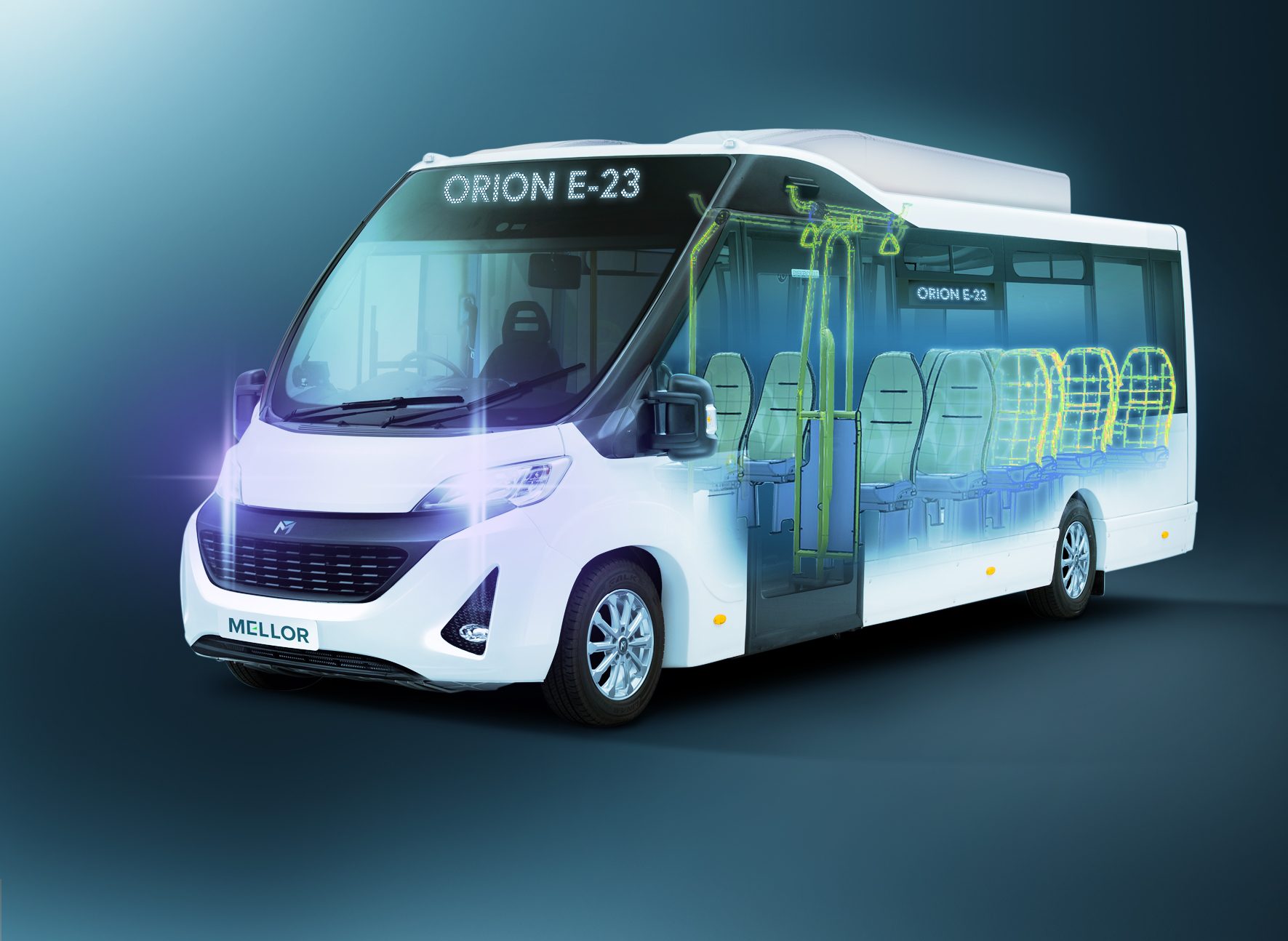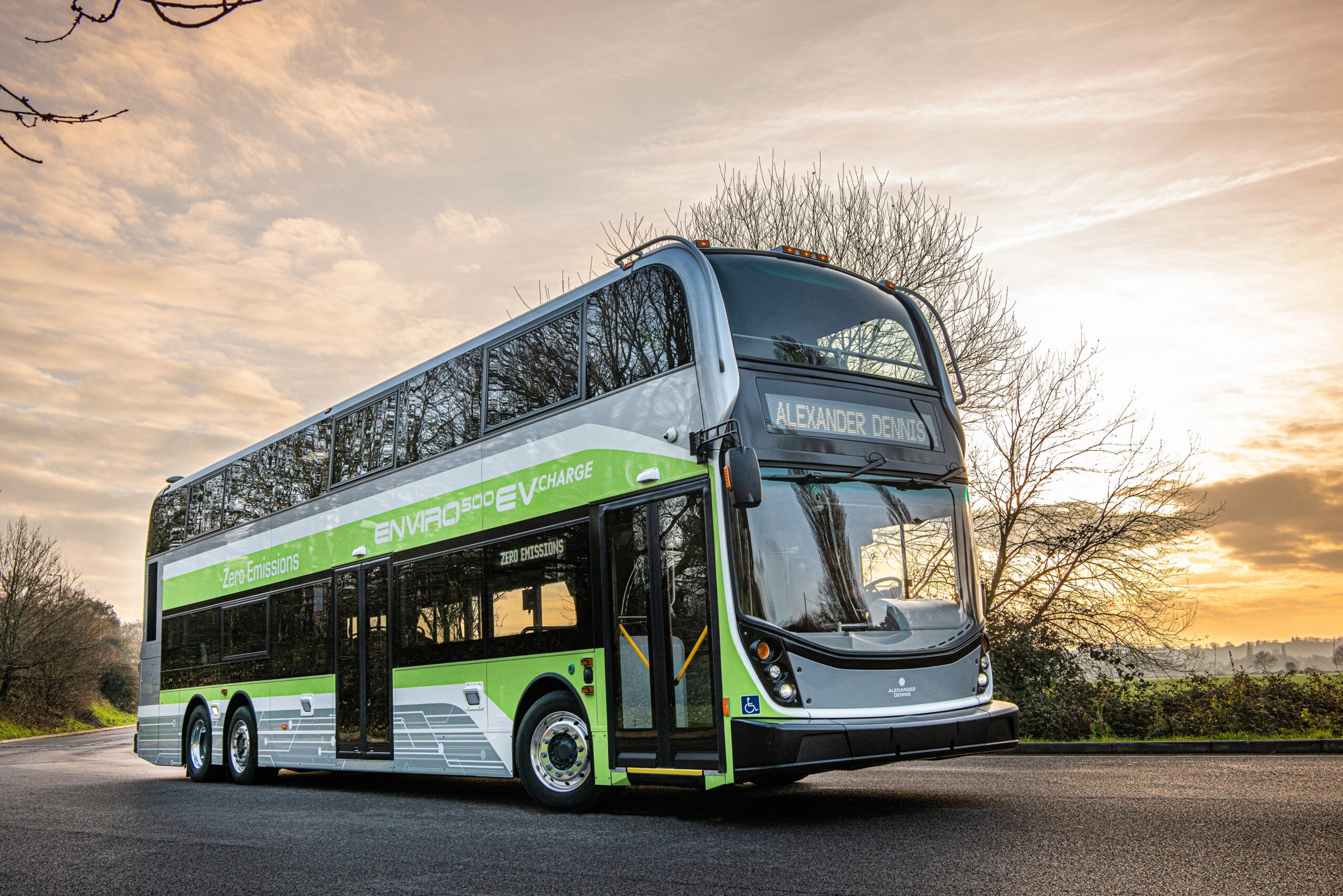Scania: Premiere for the First International Biogas Bus
- In a collaboration between Scania, mobility provider Flixbus and gas supplier Gasum, the first long distance coach running on biogas will operate the Stockholm-Oslo route.
- Powered by liquid biogas (LBG), the coach will reduce climate impact and contribute to a fossil-free transport between the two Nordic capitals.
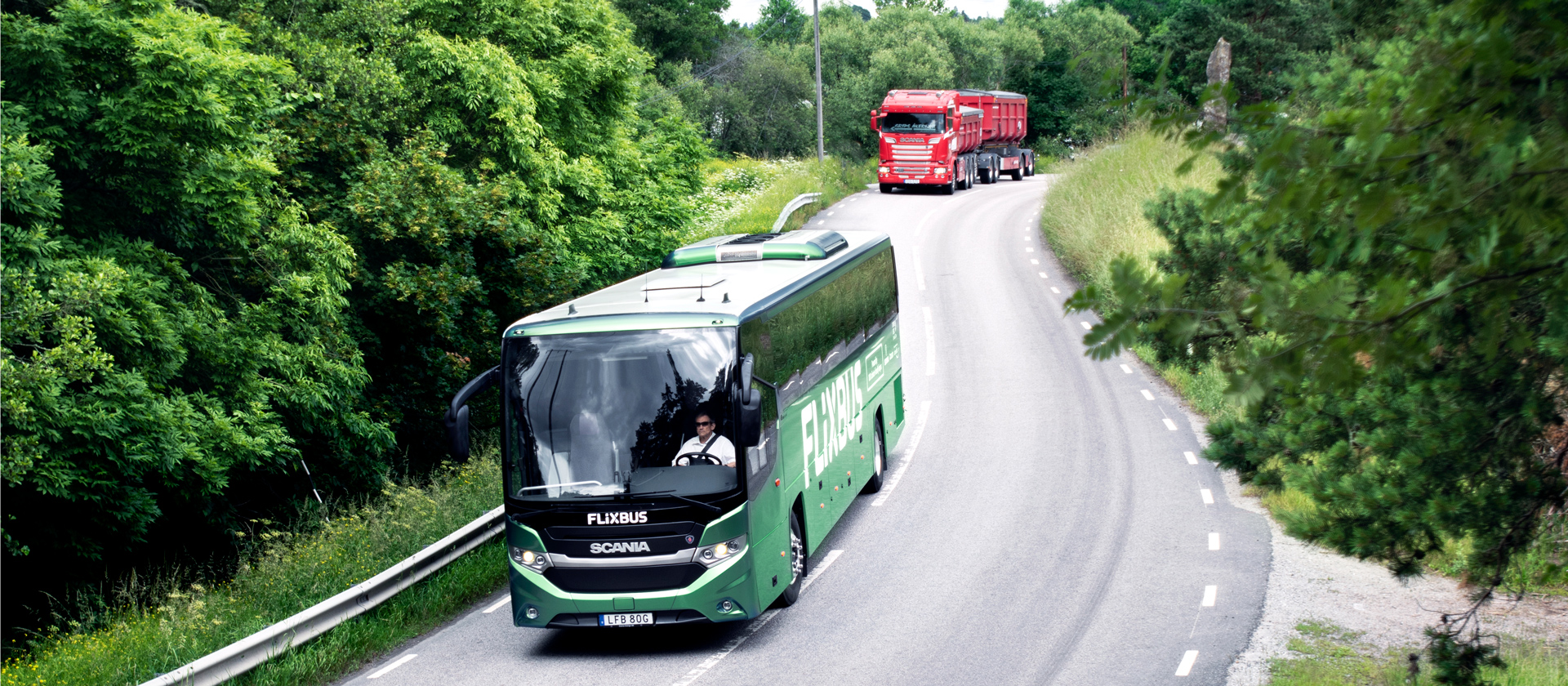
Biogas is currently used in compressed form mainly by city buses, cars and light transport vehicles, but has so far been less competitive for heavy long-distance vehicles. In recent years, technology has been developed to cool the biogas to around minus 160 degrees Celsius so that it becomes liquid and thus more energy-dense. This opens up the possibility of using the gas for, among other things, heavy transport, both by land and by sea.
Availability of biogas will improve quickly throughout Europe, especially as the EU decided to make fuelling points available along main European road networks (TEN-T).
Head of Scania's Customer Unit, Johan Ekberg, said:As the first long distance coach powered by biogas, this is probably the most sustainable coach solution today.
The benefits of liquid biogas are many: it’s fossil-free, renewable, locally produced and reduces emissions. By switching to locally produced liquid biogas as fuel in long-distance trucks or buses, operators reduce both their own and their customers’ climate impact by more than 90 percent. Air quality in general is also positively affected by reduced emissions of particles and nitrogen oxides (NOx), and the quieter vehicles benefits both drivers and passengers, and the society at large.
Already today, 17 percent of Europe’s gas grid is biogas, and it’s rising rapidly, actively contributing to CO2 emission cuts. In Sweden’s vehicle gas grid the biogas share is a staggering 95%.
Sustainability Director at Scania, Jonas Strömberg, concluded:Biogas is not only the fuel with the lowest CO2 emissions – it also solves local waste problems, creates local jobs and brings carbon and nutrients back to the soil. It is the Swiss Army Knife of circular economy.
Biogas will be one of the key tools for decarbonisation of heavy duty transport – especially for long distance operations like intercity and long-haulage. Half of Europe’s heavy duty gas fleet could be powered by biogas in 2025.
This article was originally published by Scania.









